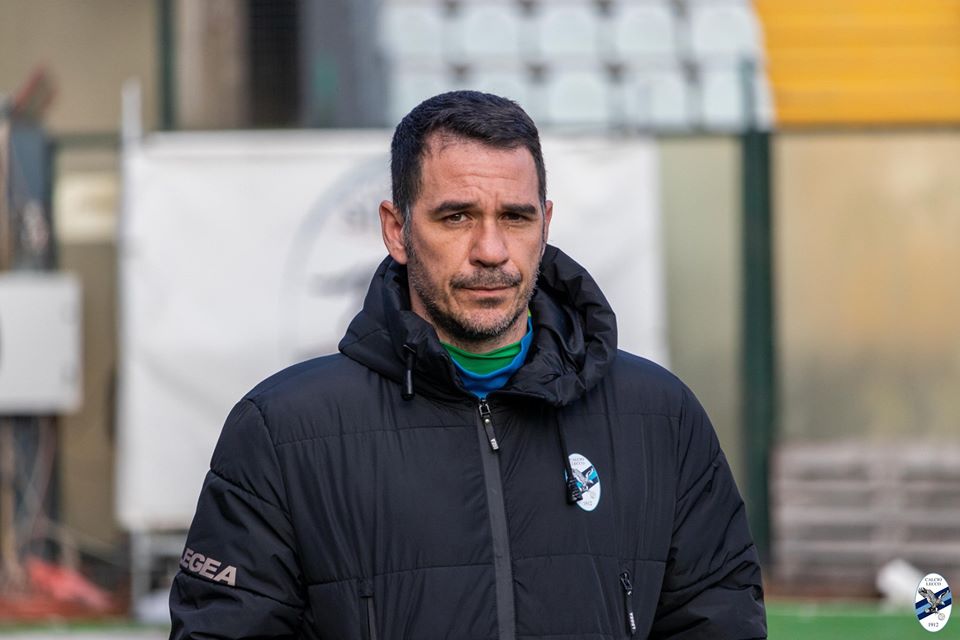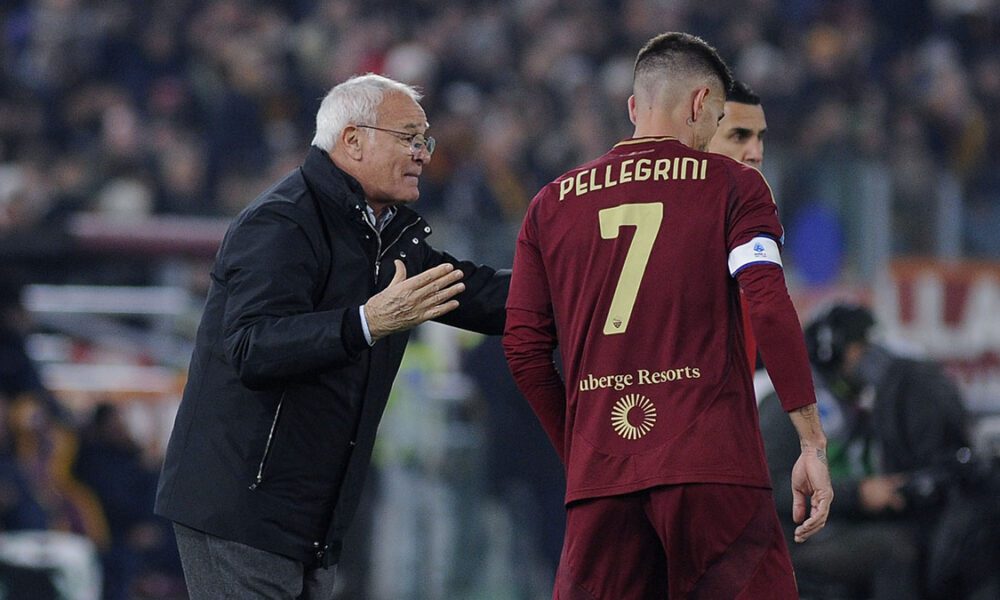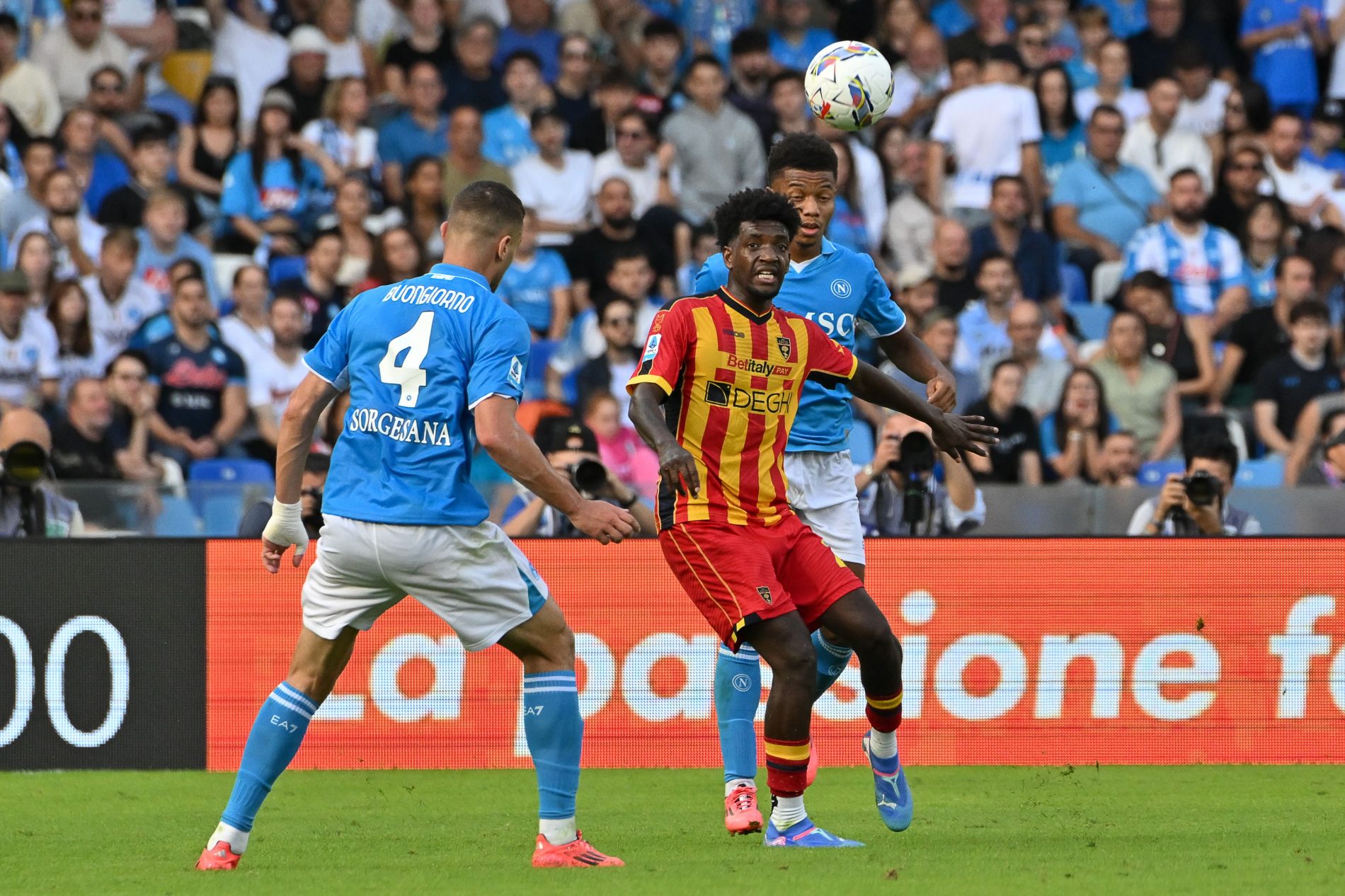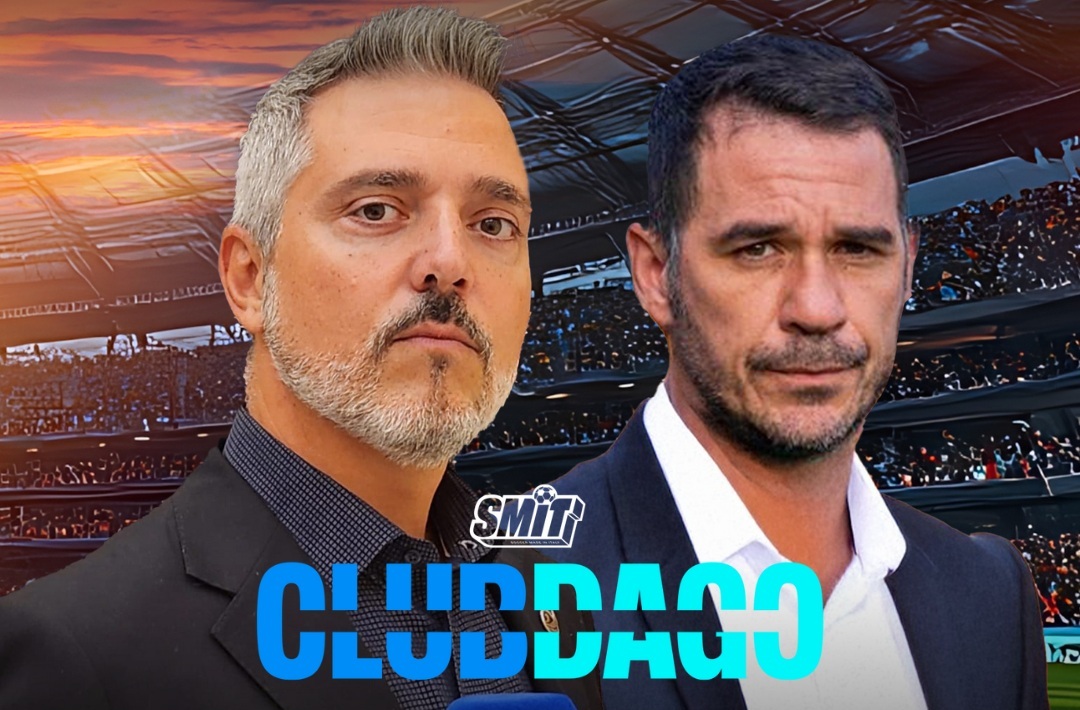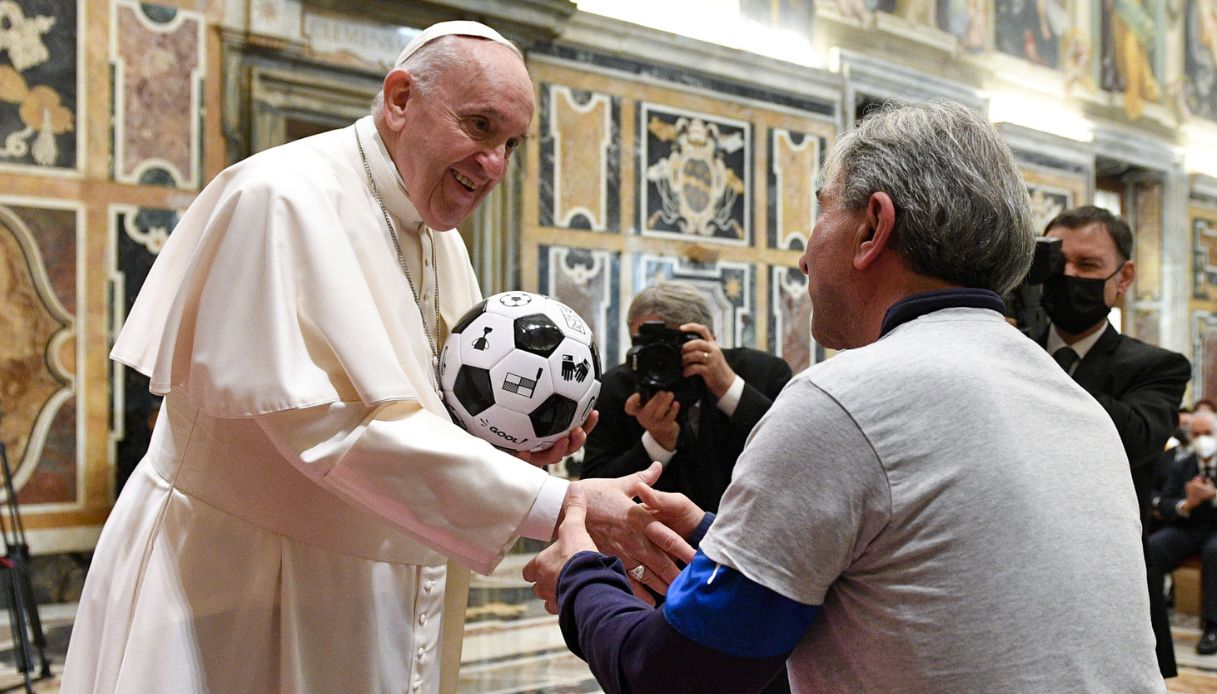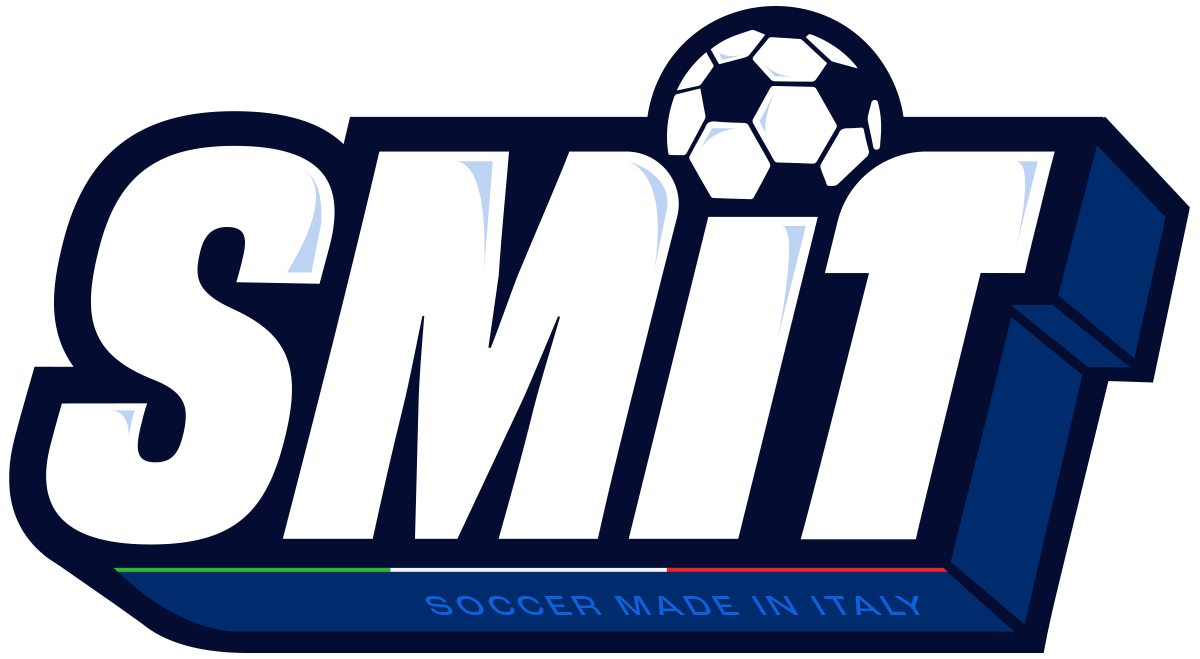“Derbies are always charged with emotional and nervous energy, particularly given the context the team was dealing with”
Gaetano D’Agostino
Over 10 years as a key player in Serie A, with Roma, Messina, Udinese, Siena, and Pescara. In 2009, he was close to joining Real Madrid. He won the Italian championship with Roma in 2001 and represented Italy at the Under-15, 16, 18, and 21 levels, winning the European Championship with the Under-21 team in 2004. In 2009, he also played for the senior national team. He runs an academy, Dago Soccer Technique, where he teaches individual technique and tactics. He works as a sports pundit on radio and TV and, starting in January 2025, he is the talent for SMIT with his segment Club Dago.
Roma and Milan failed to follow up on their respective derby victories in the league and Supercoppa against Bologna and Cagliari. Do you think they suffered from the physical and mental toll of those high-stakes matches?
Yes, it’s definitely tied to the mental energy invested on the pitch. It’s significant, especially for teams like Milan and Roma, who are struggling this season. When you take on a competition like the Supercoppa against teams like Juventus and Inter, especially right after a coaching change, you try to implement what the new coach, Conceicao, has prepared in just two days of training—an extremely short time. But the physiological aspect fades, and that was evident. While they showed some resilience, the Supercoppa drained a lot of energy.
The same goes for Roma. Derbies are always charged with emotional and nervous energy, particularly given the context the team was dealing with. That toll was apparent as well.
It’s worth noting that a derby is always more than just another league match—it’s a unique event. Roma, a team not accustomed to sustaining high rhythms and pressure due to a lack of highly athletic players, left it all on the field during the derby. The effects of that were visible in the following match.
Regarding the Supercoppa, after analyzing the first league matches of the participating teams post-Riyadh, it’s striking that Juventus, Atalanta, and Milan all drew, while Inter managed to win, albeit with difficulty, against Venezia. Do you think the Supercoppa efforts had an impact?
There’s definitely a connection: the travel, the flights, even the slight jet lag, though minimal, takes its toll. The different climate also plays a role—it all adds up. Supercoppa matches, even against Italian teams, have a distinct flavor. Tactically, they are single-elimination matches that require a different approach than league games.
Even for Inter, facing Venezia—who played an excellent, compact match—wasn’t easy. However, Inter has individual players capable of deciding games, which gives them an edge.
In the title race, how do you view Fiorentina’s slump since the Bove incident?
In my opinion, Fiorentina is in significant difficulty. Even against Monza in Monday’s match, they lost again. This slump is evident. I think the Bove incident affected them tactically and emotionally—they’ve paid a heavy price for it.
Palladino’s tactical adjustments have also introduced an element of surprise for their opponents. Previously, he was seen as one of Gasperini’s disciples. Now, teams have found countermeasures against Fiorentina, making them more predictable. Fiorentina needs Palladino to adjust once more and find the right solutions.
Lazio has also experienced a dip in form recently, and perhaps the derby loss affected them against Como. Do you agree?
Against Como, they were missing Gila and Castellanos, two key players at the moment. However, it’s natural for them to feel the impact of losing the derby, especially playing it at the Stadio Olimpico but as the away side. They felt the pressure to redeem themselves at home against Como, but that urgency can sometimes lead to a lack of clarity.
That said, Lazio had an extraordinary first half of the season and still has a significant cushion. While I wouldn’t say they can afford to drop off, their standing gives them a safety net to endure a rough patch—something Roma, for example, cannot afford.
The results of Monza beating Fiorentina, Cagliari drawing in Milan, and Venezia competing with Inter show how intense and open the relegation battle is. Do you agree?
Nobody is giving anything away in this league, and that’s a good thing. While Serie A has seen a slight drop in quality overall, teams now prepare tactically to perfection. Even big teams must stay sharp because any lapse can cost them dearly against smaller sides who play with grit and determination.
For example, Cagliari’s draw in Milan is practically a victory. Matches like that boost confidence and self-esteem. They faced a team that had just won the Supercoppa by defeating Juventus and Inter, and Cagliari came away mentally victorious.
Do you expect any big moves in the January transfer market?
I think teams are waiting for someone to make the first move. As with all transfer windows, there’s a period of observation. Once a major team makes a significant signing or investment, others will follow to keep pace. Right now, it’s a waiting game to see who moves first.
